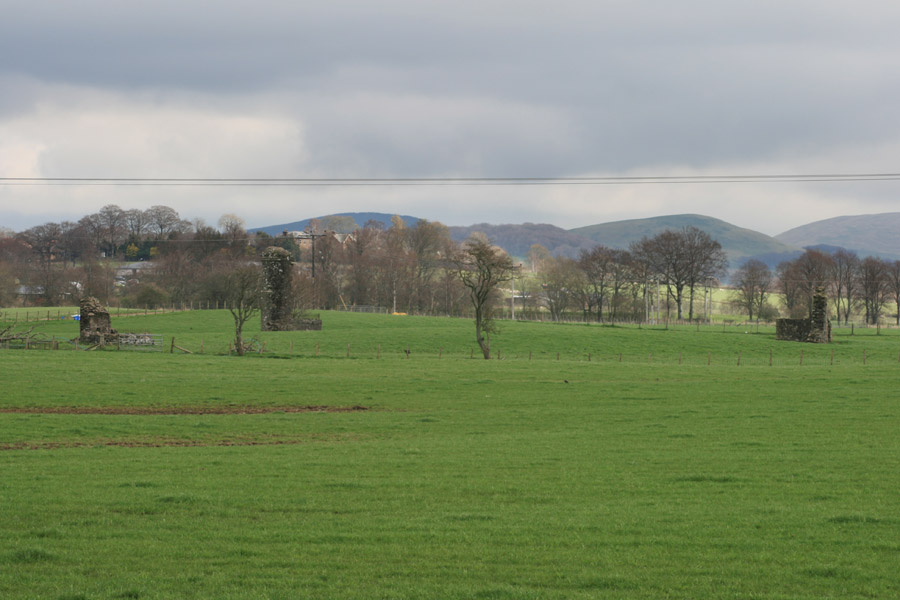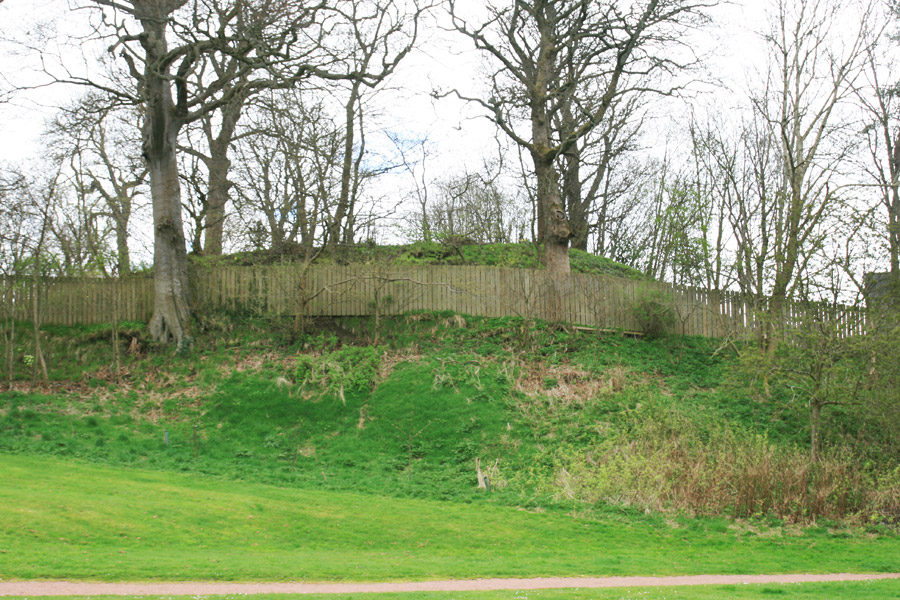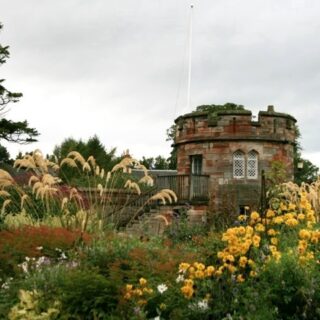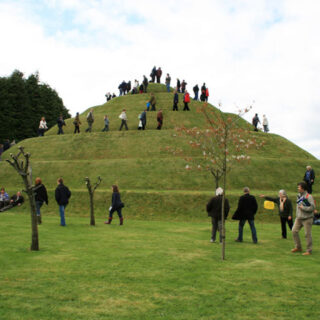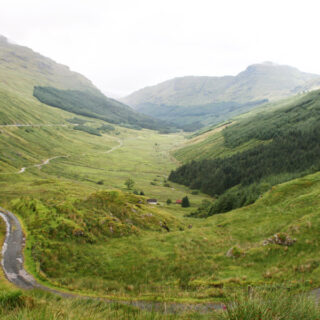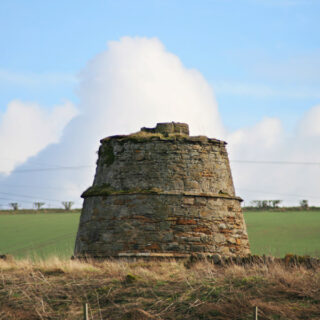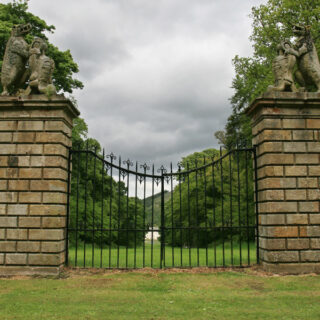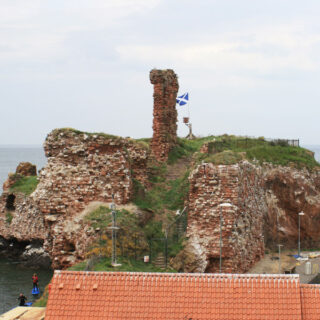Fleming surname
The history of the Fleming surname
In the second quarter of the 12th century Baldwin Flandrensis, or Baldwin Flamingus, was granted land by David I at Biggar. Baldwin was the great grandson of Erkenbald Flandrensis of Rouen, a Norman knight who had travelled to England with William the Conqueror, and was the progenitor of the Fleming name in Scotland.
The barony of Biggar included Boghall Castle which is said in some sources to have passed by marriage to the Fleming family the thirteenth century while other sources assert that it was in the possession of Baldwin in the 12th century.
The Flemings were loyal supporters of Robert the Bruce, and it is also said that Bruce gave the Flemings land in the area of Biggar in the 14th century, although this may just have been charters confirming land they already held.
Some time between 1341 and 1363 Malcolm Fleming was created the 1st Earl of Wigton by David II. Malcolm’s successor was his grandson Thomas who, as a result of financial difficulties, sold the earldom to Archibald Douglas, the 3rd Earl of Douglas, in 1372.
David Fleming, the second son of Sir David Fleming of Biggar, settled in Renfrewshire early in the 15th century and named his property Boghall, presumably after the family seat.
Robert Fleming was made the 1st Lord Fleming in 1460, during a period in which the Flemings were ascendent in power and influence.
In 1606 there was a second creation of the title of Earl of Wigton, with John Fleming becoming known as the 1st Earl of Wigton. The earldom became extinct in 1747 following the death of Charles Fleming, the 7th Earl of Wigton, without an heir.
Fleming surname genealogy
Search for Fleming relatives on Ancestry.co.uk and Genes Reunited.
View references to Fleming family members on GenForum.
Browse Fleming products on Scotweb.

